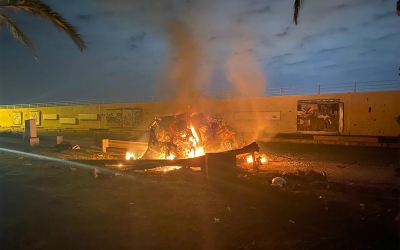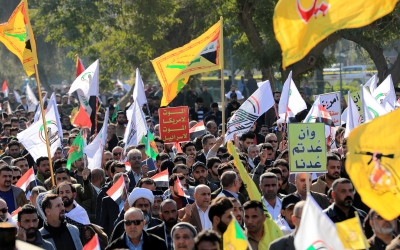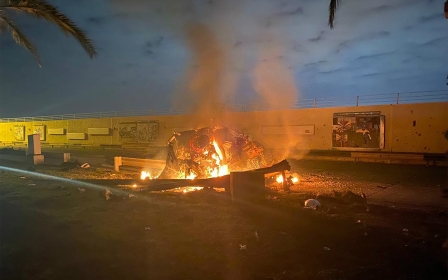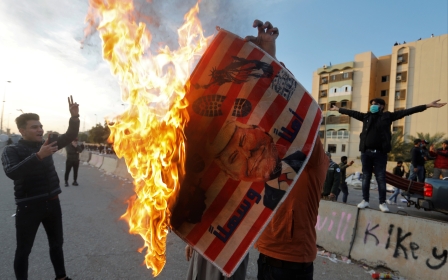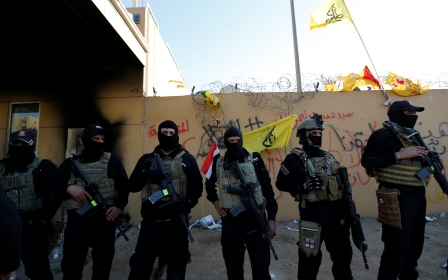'Severe revenge' awaits Qassem Soleimani's killers, vows Iran's Khamenei
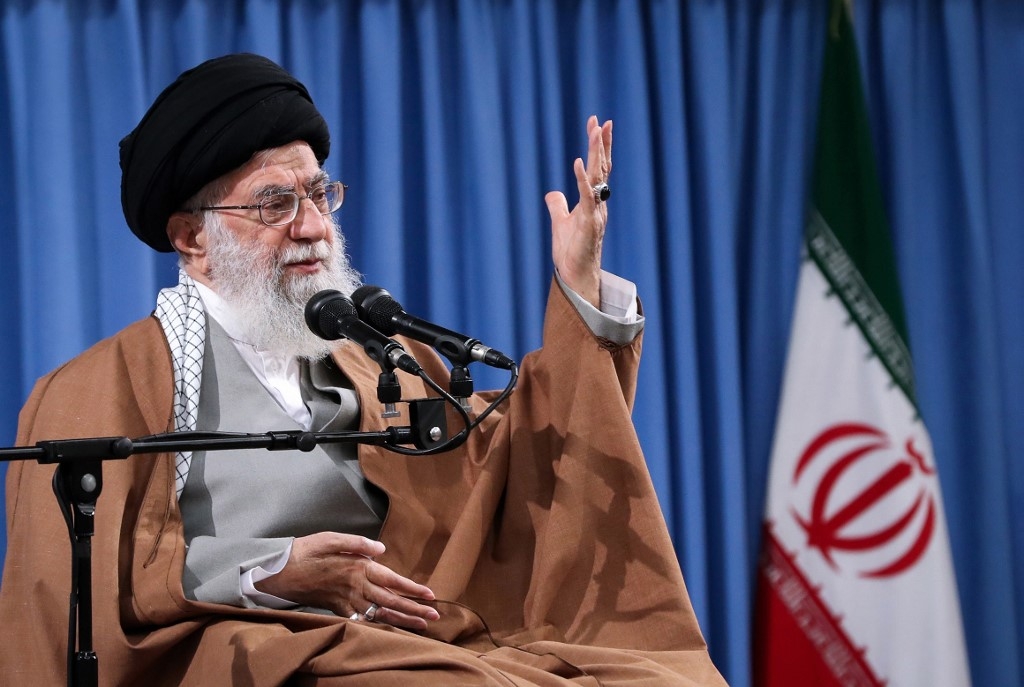
Iran's Supreme Leader Ali Khamenei warned that "severe revenge" awaits the killers of Qassem Soleimani after a US air strike killed the Iranian top general in Baghdad late on Thursday.
Khamenei also vowed that the "road of jihad and resistance" will continue with stronger efforts after Soleimani's death.
"Severe revenge awaits the criminals whose dirty hands were tainted with his blood and the blood of all the martyrs of last night's incident," said Khamenei, in a statement posted on his Farsi and Arabic Twitter accounts, early on Friday.
"The martyr, Soleimani, was an international resistance figure, and all those who loved him are calling for revenge for his blood."
He also announced three days of mourning for Soleimani.
Iraq's militia leader turned populist politician Moqtada al-Sadr reactivated his Mahdi Army on Friday following the US strike.
Taking to Twitter, Sadr ordered "fighters, particularly those from the Mahdi Army, to be ready" following the strike, reactivating the anti-American force nearly a decade after he dissolved it.
'Act of international terrorism'
As head of the Quds force, the Revolutionary Guard's overseas arm, Soleimani had reached iconic status in Iran. He has been credited for orchestrating Iran's military activities via its proxies and allies in Iraq, Syria, Lebanon, Yemen and beyond.
He was killed on Thursday by a US air strike along with Abu Mahdi al-Muhandis, deputy head of the Iran-backed Popular Mobilisation Units (PMU).
The assassination came two days after protesters attempted to storm the American embassy in Baghdad over US air strikes that killed more 25 PMU fighters on Sunday.
The US attack came in response to a rocket strike that killed an American contractor in Kirkuk, which Washington blamed on the PMU faction, Kataib Hezbollah (KH).
Tensions between Iran and the United States have been intensifying since May 2018, when Donald Trump left the multinational nuclear deal with Tehran and started imposing crippling sanctions on the Iranian economy.
For its part, Iran has been accused of carrying out and encouraging several attacks on the United States and its allies in the region over the past year, including strikes against major Saudi oil facilities in September 2019.
The killing of Soleimani, however, takes the ongoing confrontation to another level. Several US legislators warned against the possibility of an all-out war after the assassination.
Early on Friday, Iran's Foreign Minister Mohammad Javad Zarif called the assassination an "act of international terrorism".
"The US' act of international terrorism, targeting & assassinating General Soleimani-THE most effective force fighting Daesh (ISIS), Al Nusrah, Al Qaeda et al-is extremely dangerous & a foolish escalation," Zarif said.
Middle East Eye delivers independent and unrivalled coverage and analysis of the Middle East, North Africa and beyond. To learn more about republishing this content and the associated fees, please fill out this form. More about MEE can be found here.


